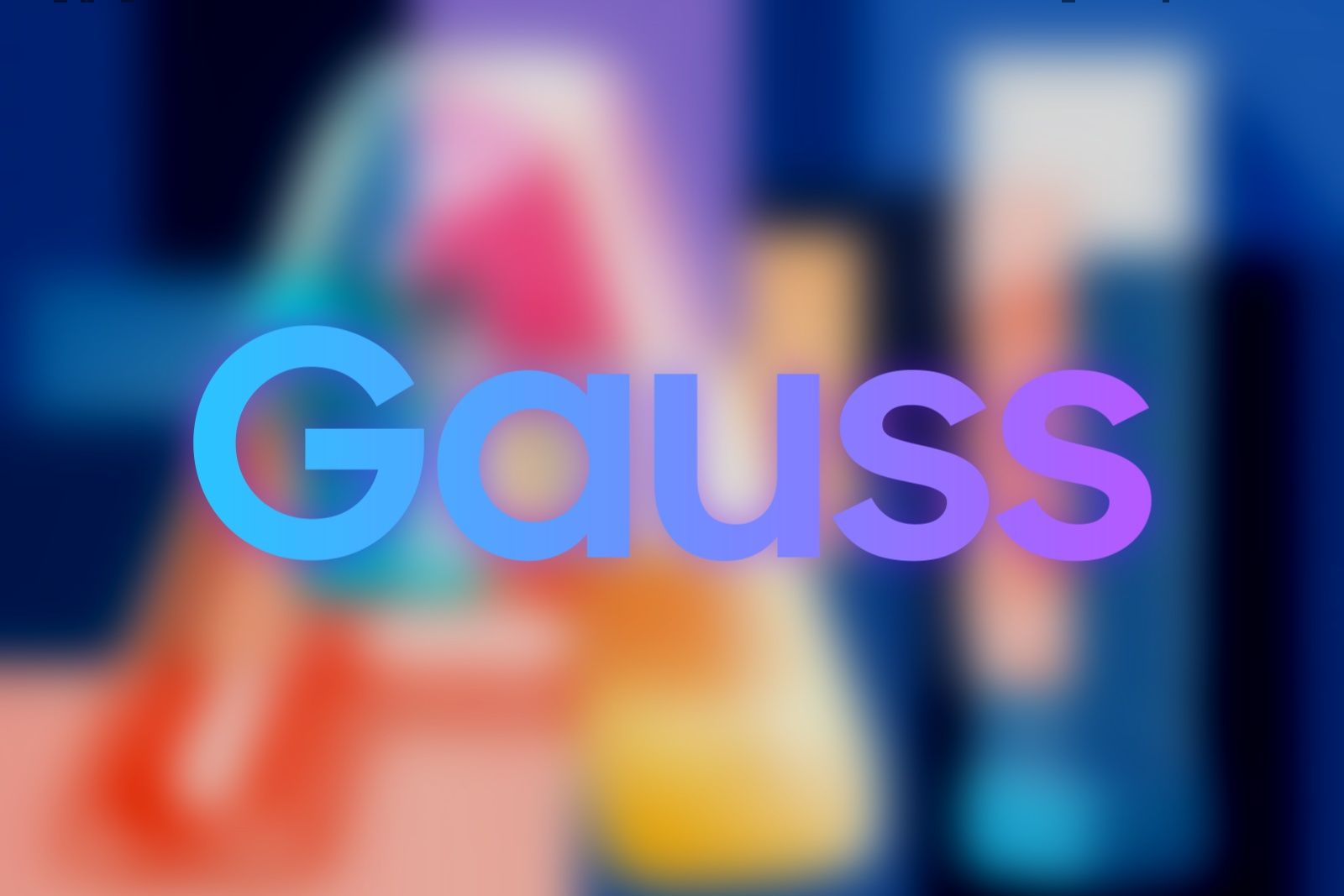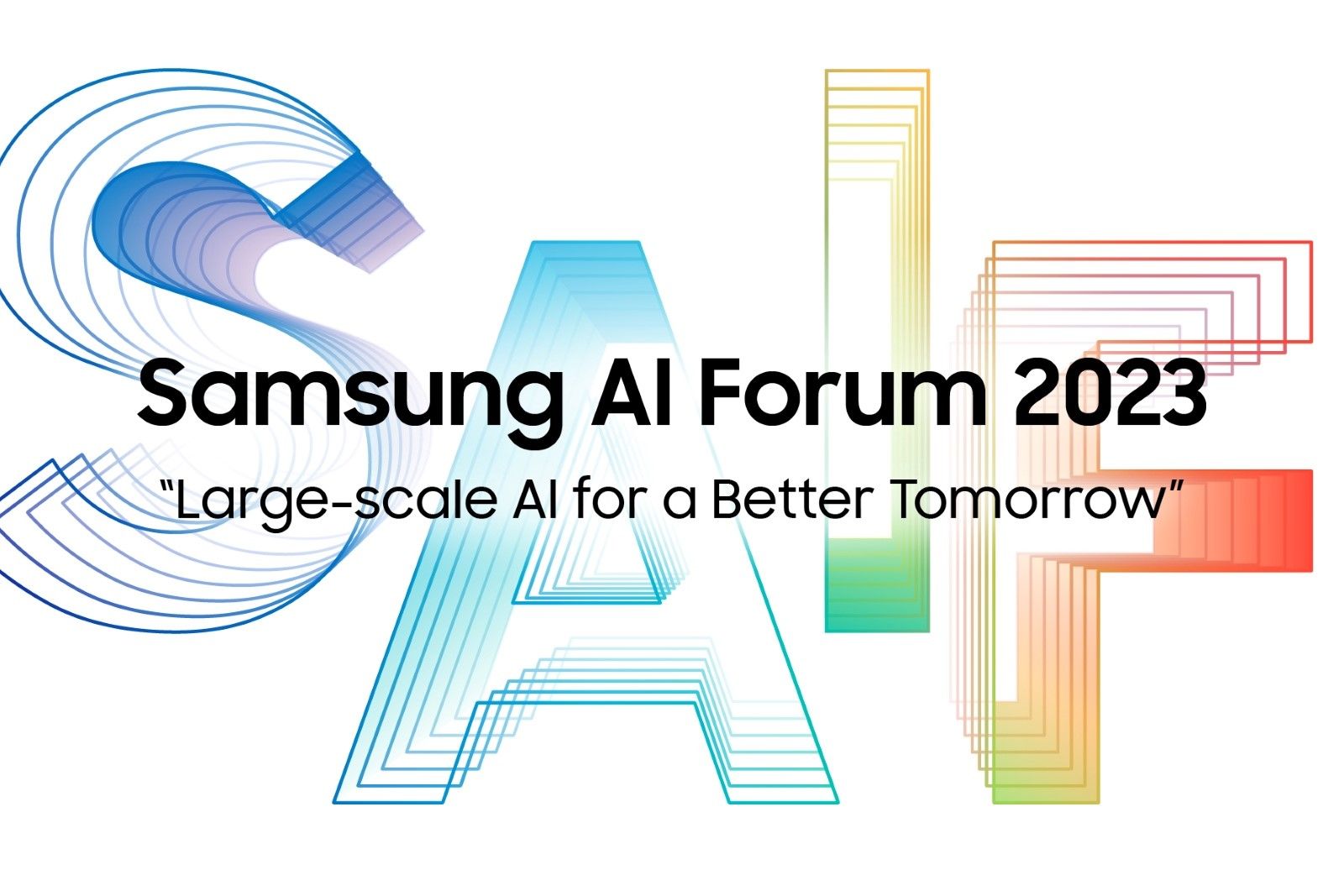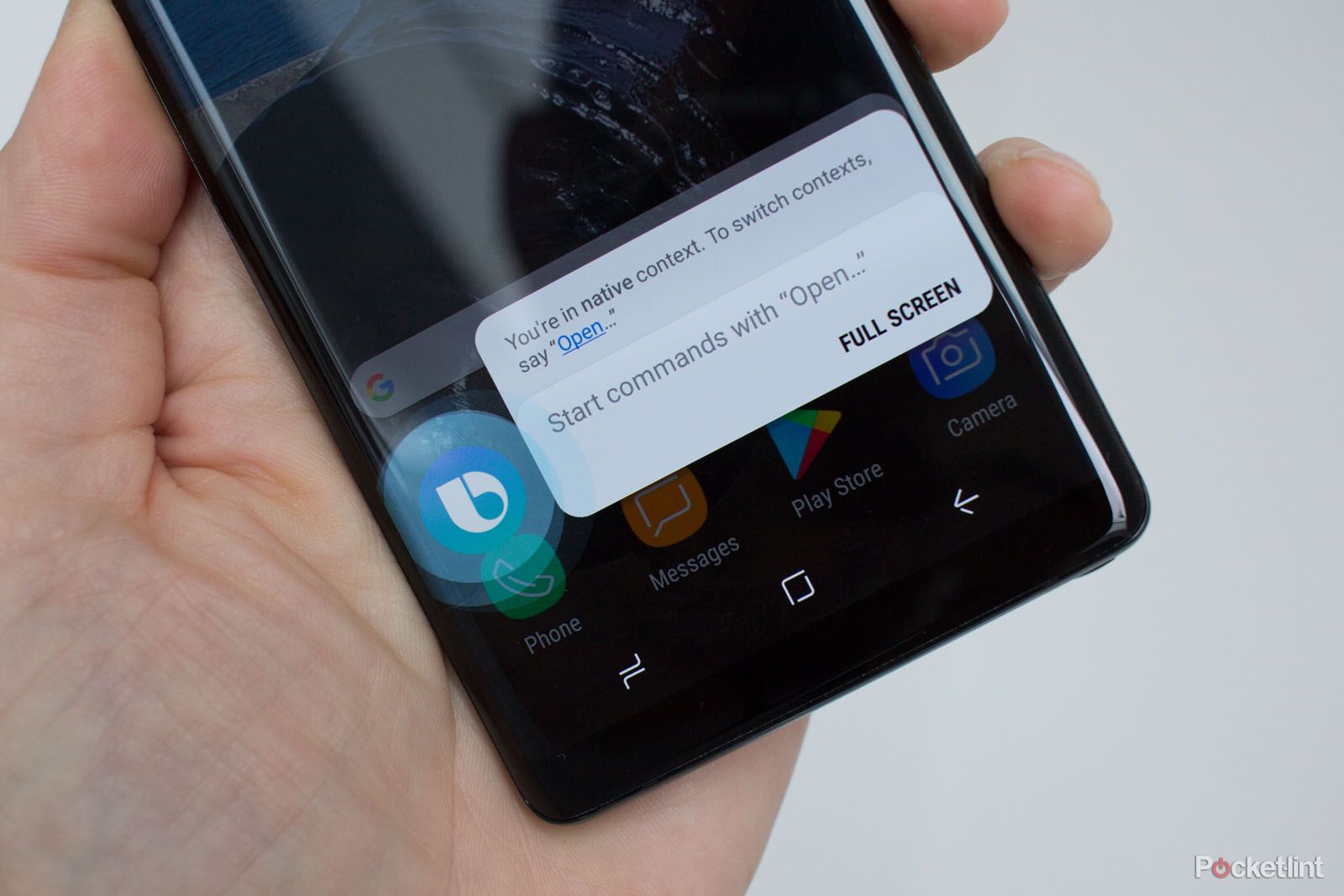Key Takeaways
- Galaxy AI is a user-facing set of services by Samsung that aims to improve how users interact with their phones and tablets, including features like real-time translation.
- The power behind Galaxy AI is Samsung’s Gauss generative AI model, which is an on-device product that utilizes processors’ power to reduce user-side costs.
- Samsung has developed sub-models or tools using Gauss, such as Gauss Code for developers, Gauss Language for text generation, and Gauss Image for image generation and editing. Public availability and other potential applications are still under wraps.
No matter where in commercial technology you turn, you’ll probably find mentions of large language models and generative AI tools splattered all over the place. From ChatGPT to Google Bard, every big tech company wants to get a piece of the generative AI pie.
Samsung has tipped its hand to a potentially radical entree of its own, the consequences of which could affect millions of Galaxy device buyers worldwide soon enough. We explain what Galaxy AI is, what it might become, and what the way forward might be.
What is Galaxy AI?
Samsung first teased Galaxy AI in November as a user-facing set of on-device and cloud-based services that will improve how you use your phone or tablet.
One such service, AI Live Translate Call, was mentioned. It will be infused into the Samsung Phone app to provide real-time audio and text translations when the person you are conversing with is speaking a different language. Details on this and other potential features are sparse at the moment.
“Mobile technology has an incredible power to enable connection, productivity, creativity, and more for people around the world, but until now, we haven’t seen mobile AI ignite that in truly meaningful ways,” said Wonjoon Choi, EVP and Head of R&D, Mobile eXperience Business. “Galaxy AI is our most comprehensive intelligence offering to date, and it will change how we think about our phones forever.”
What will power Galaxy AI?
Samsung
Earlier in the same week, the South Korean tech giant announced its Gauss generative AI model at the annual Samsung AI Forum. In short, it’s an overarching large language model that the company currently uses for internal purposes and will likely be utilized to power the on-device services of the Galaxy AI package.
The name Gauss pays homage to 19th-century mathematician Carl Frederich Gauss, who also advanced the understanding of statistical distribution besides publishing foundational works on algebra and geometry. This key principle drives machine learning.
Samsung emphasizes Gauss as an on-device product, meaning that unlike other generative AI tools on the market right now, which require users to send requests to models based at centralized servers, users will be able to get the same results with on-device processing. The goal here is to harness processors’ power and generational upgrades and reduce the user-side cost of requesting AI transactions by running applications locally.
Samsung
In the release, Samsung said, “Samsung Gauss Code and a coding assistant (code.i) — which operates based on it — are optimized for in-house software development, allowing developers to code easily and quickly.”
What might Samsung Gauss help Galaxy AI to do?
The company has developed three sub-models or tools with Gauss:
- Gauss Code is in active use among the company’s developers. Along with a derivative assistant tool named code.i, Gauss Code is used to generate test cases and annotate code for in-house software.
- Gauss Language appears to be more like a ChatGPT– or Google Bard-type of application that can summarize or translate existing texts and generate new ones for replying to messages.
- Gauss Image would behave something like DALL-E, Midjourney, or Adobe Firefly engines with the ability to generate and edit images based on user-given prompts.
None of these applications have been made available for public use as of writing. Of course, with many details still tucked behind the scenes, other potential applications may be in the works. Also, remember that Gauss may not cover certain or all cloud-based components of Galaxy AI.
When will you be able to use Samsung Galaxy AI?
The official word from Samsung is that consumers will get their first crack at Galaxy AI features “early next year.” Reporting from October indicated that Samsung would incorporate some generative AI features into its upcoming Galaxy S24 series of Android phones set to launch around that time.
The new devices will take advantage of fresh silicon in Qualcomm’s Snapdragon 8 Gen 3 and Samsung’s very own Exynos 2400 – both chipsets feature expanded allocations for artificial intelligence.
What’s the big deal with Samsung Galaxy AI?
There has seemingly always been a fight du jour between major tech competitors over one silly feature or another. This time around, it looks like everyone’s going all out on generative AI features. Apple seems to be the other elephant in the room that is slow-rolling its own AI hype.
Execution matters in determining the success or failure of a particular approach. We can recall the digital assistant craze last decade when Samsung decided to put up Bixby against the likes of Google Assistant, Siri, and even Amazon’s Alexa. While there’s been some continued use in the company’s insular home market of South Korea, it has been a non-factor elsewhere. Bixby’s knowledge and intuition weren’t that great in Western markets, to begin with, and the fact that Samsung dedicated a hardware button on the Galaxy S8 and S9 to calling Bixby (which initially could not be reprogrammed to do something else) did not ingratiate the assistant to users.
The company could take the opportunity to make Bixby more relevant internationally by integrating some Galaxy AI features and promoting them throughout One UI on the Galaxy S24 devices. That said, effective marketing only goes so far as to help a product if it doesn’t work in the first place, so the company has to actually prove itself by releasing a viable set of AI tools.
Trending Products

















